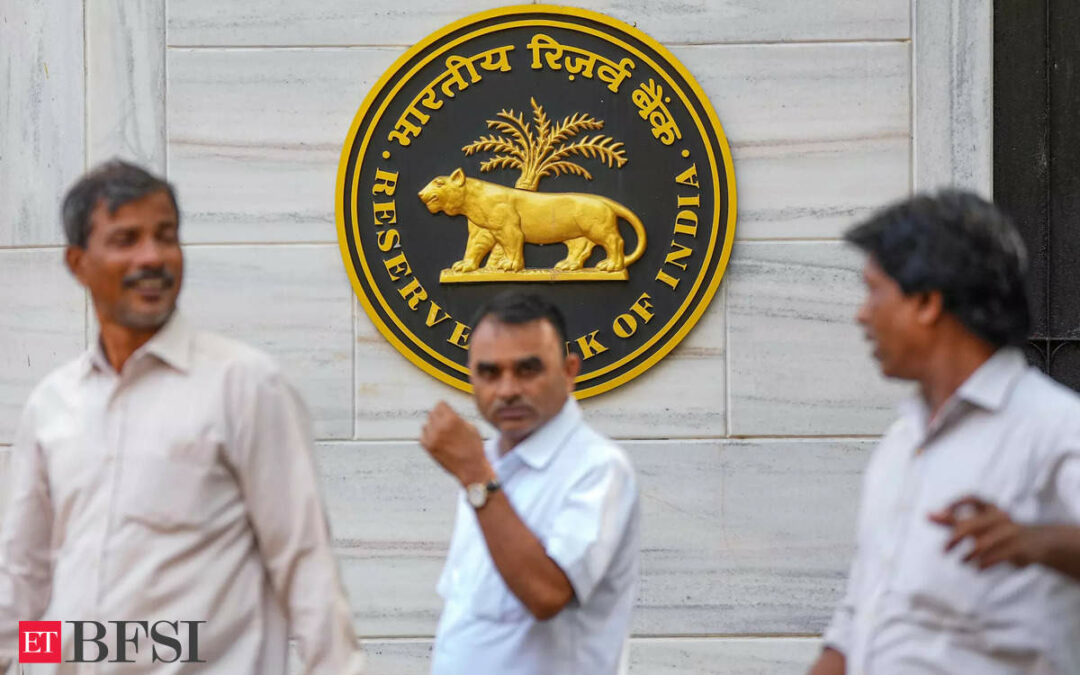Banks are gearing up to change their auditors for the fiscal year 2024-25, following the Reserve Bank of India’s (RBI) mandate to rotate auditors every three years, implemented in the financial year 2020-21. This process, aimed at enhancing transparency and accountability, has been met with challenges for both financial institutions and auditing firms.
The process
According to experts, the process involves several steps, adding complexity to the already intricate task of appointing auditors. Banks are required to shortlist potential auditors by the end of the March 2024 quarter, followed by obtaining board approval. Subsequently, the shortlisted candidates will be presented at the Annual General Meeting (AGM), expected to take place in May of the following year. The final step involves seeking approval from the RBI, a process that extends the timeline further, ultimately resulting in the new auditor taking charge, typically in the second quarter.
“I don’t think this exercise is a challenge. I mean it is only a question of replacing the auditors. It is in line with the best practice and maybe it is good that a fresh set of people come in, otherwise, complacency sets in and then it becomes a routine exercise as the existing ones continue for long. There have been instances where auditors have continued for long in some of those companies where ultimately a lot of red flags have come out,” Soma Sankar Prasad, former CEO of UCO Bank, told ETBFSI.
On the difference auditor rotation will make, Prasad said if they are not changed, auditors will become complacent. “Secondly, with the management, a certain amount of comfort might develop. I think that is what they want to lift. See, a fresh set of people looking at things will help different ideas to come up. As long as we maintain the quality, I think if there are requirements in place and have a certain level of experience. I don’t see a reason why this isn’t desirable,” he said.
He cited the examples of Singapore and France where regulators were clear that they needed to rotate auditors.
The Big 4
The RBI’s strategic move also includes measures to build audit capacity, and notably, it has imposed restrictions on the “BIG 4” auditing firms, limiting them to servicing only four banks and eight non-banking financial companies (NBFCs) for audit purposes. Furthermore, this restriction extends to group companies, preventing these firms from auditing multiple entities within the same corporate group. For instance, if a BIG 4 firm takes on Tata Capital, it is then restricted from auditing Tata Housing Finance.
In response to these restrictions, the BIG 4 auditing firms are opting to serve foreign banks, as they often offer higher remuneration. The ripple effect of these changes is expected to influence the banking sector’s auditing landscape in the coming financial year, with banks and auditors alike grappling with the intricacies of the revised regulations.
“This strategic move of joint statutory audits of banks and not only signifies a significant step forward in regulatory governance but also fosters a more level playing field for Indian Chartered Accountancy firms possessing the requisite qualifications, experience, and expertise essential for conducting a thorough and efficient audit. Preceding this regulatory pronouncement, the audit market was largely dominated by Big4 and other international firms, which held a substantial market share,” said Jeenendra Bhandari, Partner, MGB & Co.











